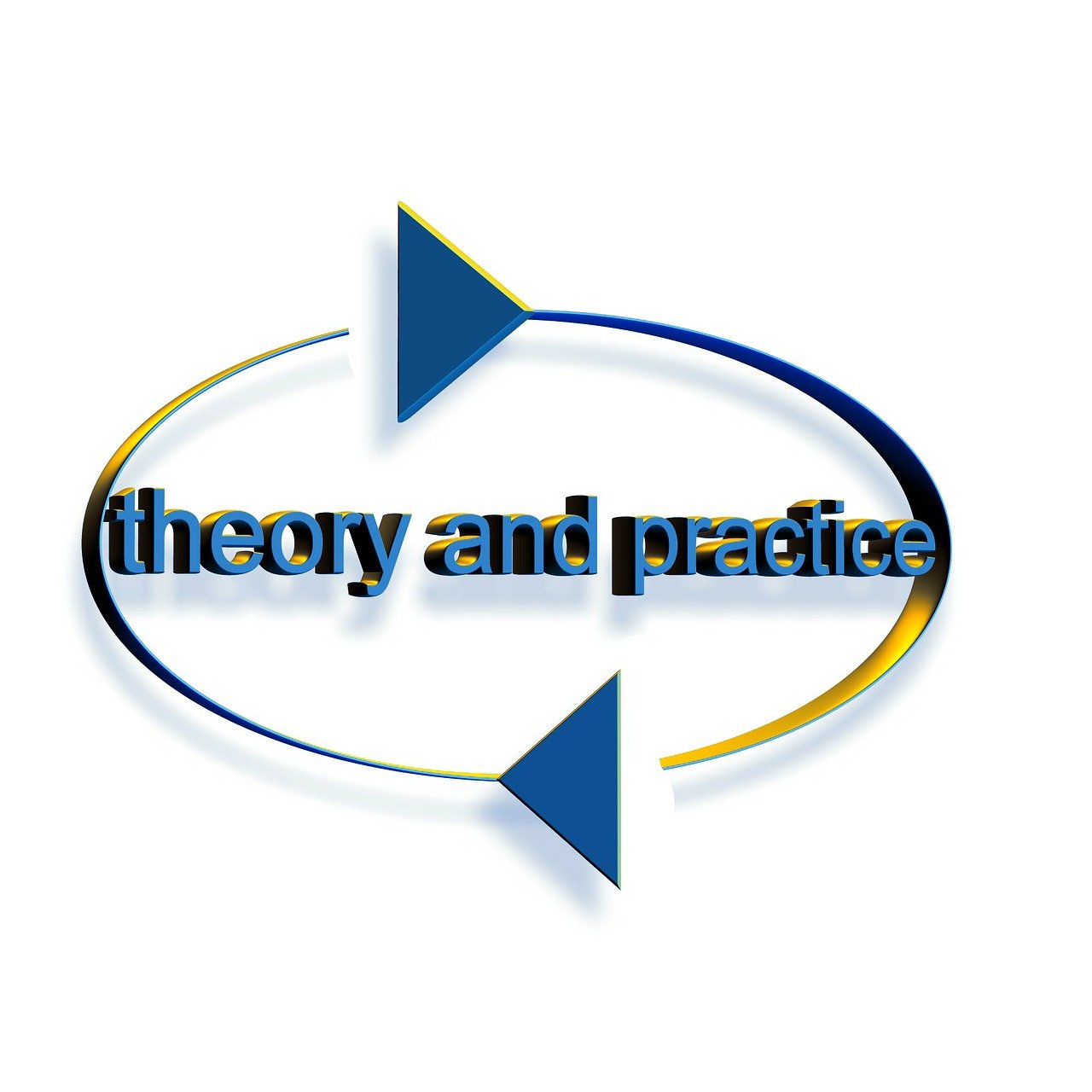Exploring the Benefits of Simulators in Medical Education for Heart and Lung Auscultation and Trauma Care

In today's rapidly evolving medical field, the integration of technology has revolutionized medical education. One notable advancement is the use of simulators for training in heart and lung auscultation and trauma care. Simulators offer a hands-on, interactive experience that bridges the gap between theory and practice, providing students with a realistic environment to develop and refine their skills. With the ability to replicate a wide range of clinical scenarios, simulators offer a safe and controlled setting for students to learn and master complex procedures. By providing immediate feedback, simulators allow learners to identify and correct their mistakes, enhancing their diagnostic abilities and critical thinking skills. Moreover, simulators enable educators to tailor training sessions to each individual student's needs, facilitating personalized learning experiences. This technology can significantly reduce the time required for students to become proficient in auscu...